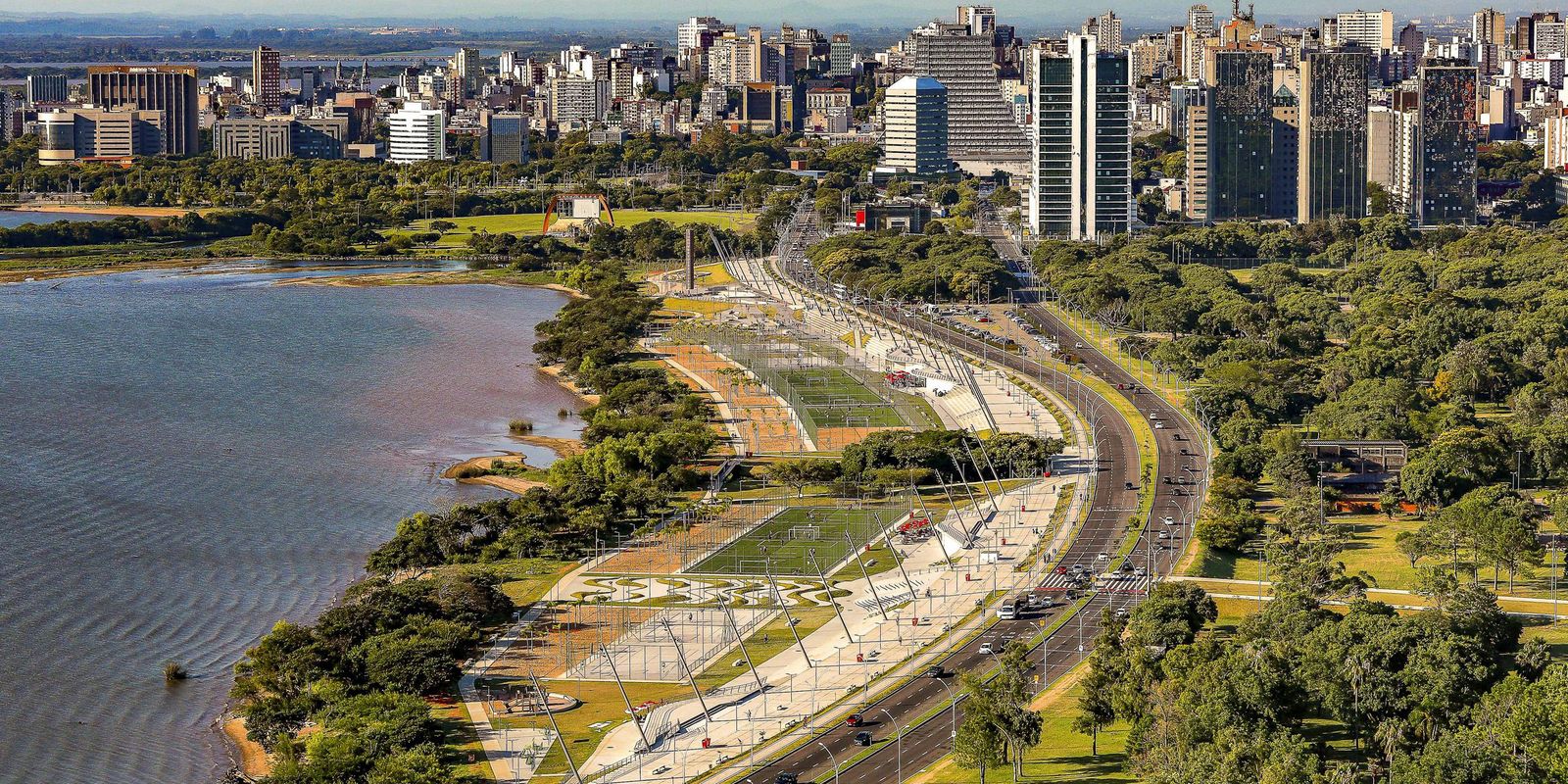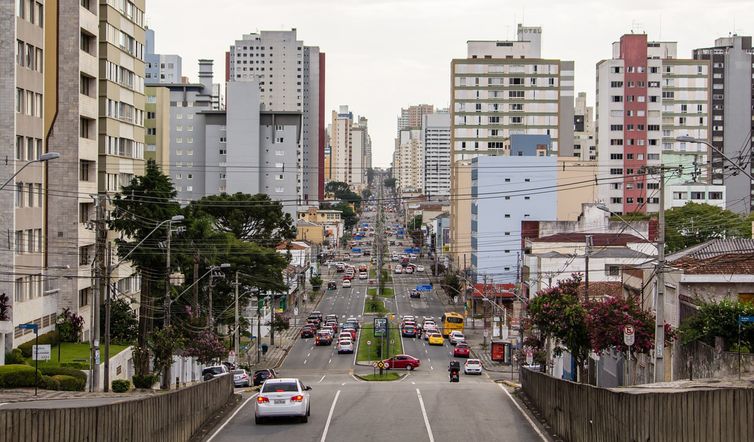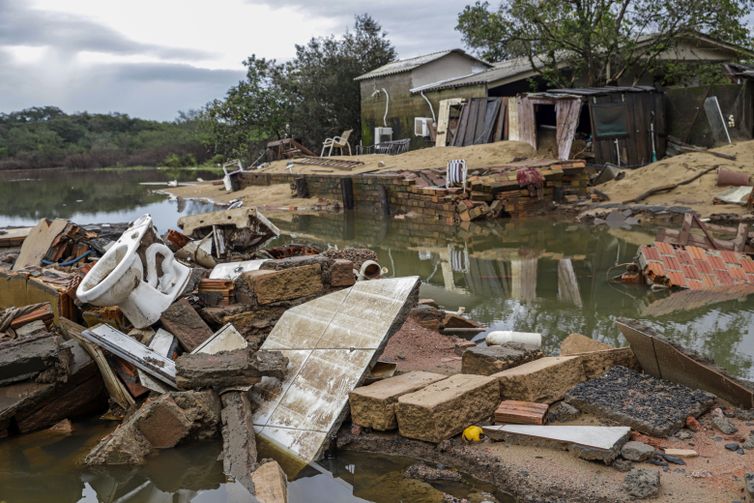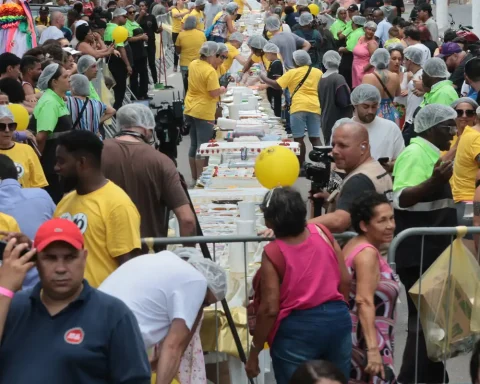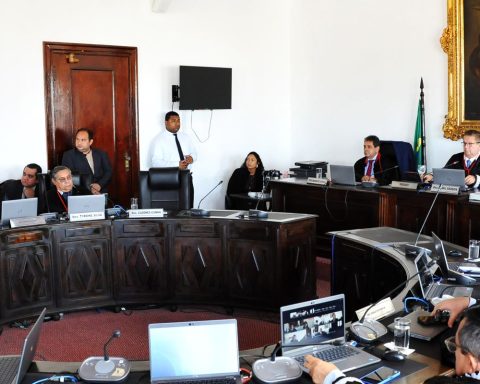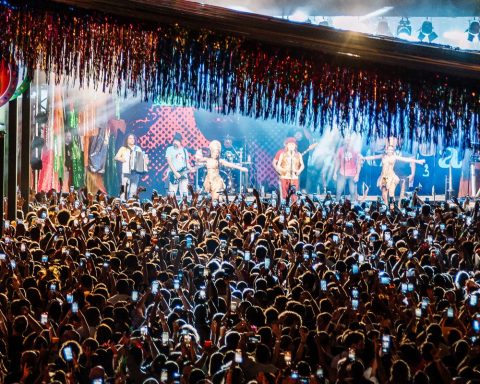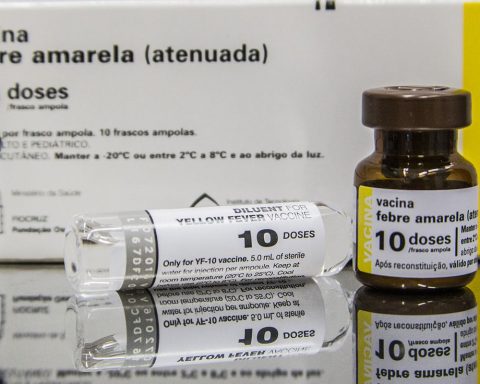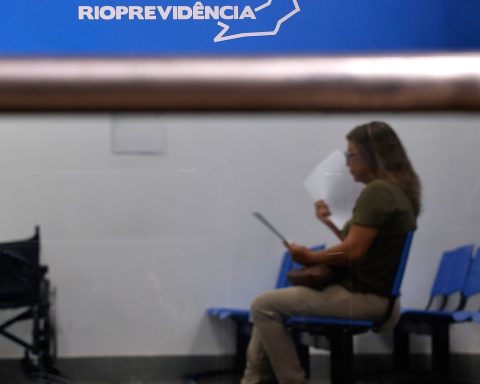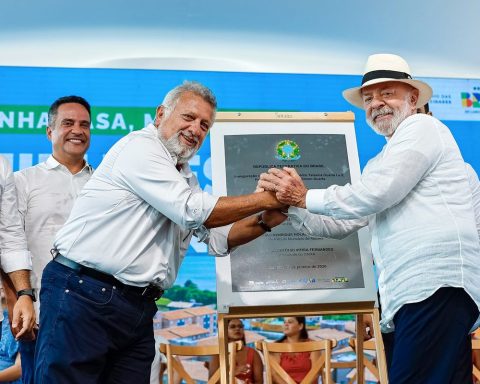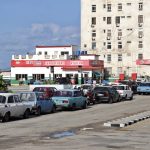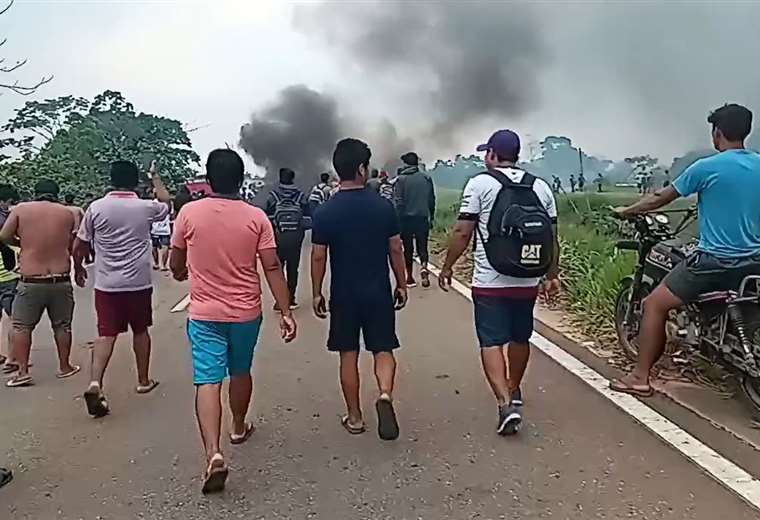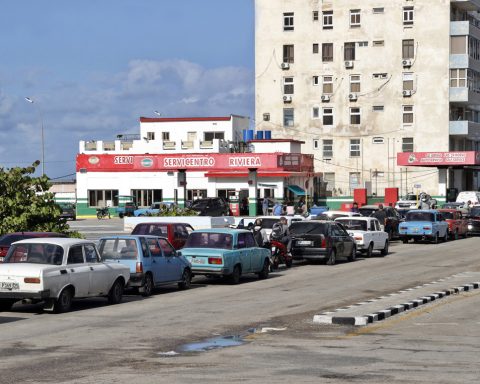In the South Region, the capitals of Paraná, Curitiba, and Rio Grande do Sul, Porto Alegre, will have a second round in municipal elections to define who will be mayor for the next four years. In both cities, black people live on average ten years less than white people. In both capitals, the salary difference between men and women exceeds 20%.

These are some of the themes evaluated by the Sustainable Cities Institute (ICS) in the Great Challenges of Brazilian Capitals survey, which brings together data and indicators focusing on the 2024 municipal elections.
In Curitiba, the average age at death for whites and yellows is 71.5 years. For black, brown and indigenous people, the age drops to 61.8 years, that is, a 9.7 year difference. In the capital of Rio Grande do Sul, the ages are 73.8 years (white and yellow) and 64.3 years (black, mixed race and indigenous) – a difference of 9.5 years. The data are from the Mortality Information System of the Ministry of Health, with reference to 2022.
“It is a very high difference to be within the same city, so this shows that we have a marked vulnerability of the black population and that this is an issue that deserves a look at programs, public policies and investments in relation to this issue in the city” , explains the general coordinator of the Sustainable Cities Institute, Jorge Abrahão.
According to him, governments have not been sensitive in relation to the topic. “This item integrates many others. The low average age at death brings together an issue of higher homicides, higher infant mortality, precarious housing, education and health issues. So, this denotes a more precarious infrastructure for the black population.”
Salary differences
Another critical point in the two capitals highlighted by the study by the Sustainable Cities Institute is the difference between the income of men and women, taking into account data from the Continuous National Household Sample Survey (Pnad Contínua), released by the Brazilian Institute of Geography and Statistics ( IBGE). In Curitiba, women receive an average of 27.28% less than men and, in Porto Alegre, the difference is 23.73%.
“This denotes a structure of machismo in these cities that needs to be addressed in some way,” says Abrahão.
According to the ICS coordinator, despite not having the power to interfere in companies’ salary policy, public authorities can carry out campaigns to reduce these inequalities. “It has the power, within its scope, to work on campaigns and advance a process in which it encourages this reduction in values, valuing this rapprochement and reducing this inequality between the salaries of men and women”, he says.
Education
In education, Porto Alegre has the second lowest value in the Basic Education Development Index (Ideb) in the municipal network in the initial years of primary education. With a score of 4.7 on a scale of 0 to 10, in the initial years of elementary school, the city is only behind the capital of Rio Grande do Norte, Natal (4.5). At the other extreme, Curitiba is in fourth place among the capitals, with a score of 6.3.
“We can see there being a lack of regard for the quality of education. How is it that a rich city like Porto Alegre, with a good infrastructure base compared to other cities, has a level of education that is one of the worst in the country?”, asks Abrahão.
Ideb is the main instrument for monitoring the quality of basic education in the country. By gathering data on the approval rate and performance of students in Portuguese and mathematics, the indicator assesses performance and indicators of school flow and trajectory.
Risk Management
In May this year, Porto Alegre faced one of the biggest floods in its history, affecting more than 157 thousand people and leaving more than a thousand homeless. According to professor Silvana Krause, from the Postgraduate Program in Political Science at the Federal University of Rio Grande do Sul (UFRGS), the tragedy that occurred in the city, with its causes and consequences, is being the main topic of debate in the capital’s election Gaucho.
“The issue of the May tragedy centralized the entire candidate debate. The expectation was that the candidate for mayor who is running for re-election would be the most harmed by the tragedy, and that is not what is appearing in polls of voting intentions”, says the professor.
In a ranking prepared by the Sustainable Cities Institute, which measures the risk management strategies of the 26 capitals, Porto Alegre appears in 22nd place. According to the survey, the capital of Rio Grande do Sul has verified 44% of the 25 strategies against floods, flooding and landslides. The challenge for the administration that will take over the city hall from 2025 to 2028 is to reach 81% of the strategies fulfilled. For 2030, the goal is to reach 100%.
Among the strategies evaluated are the drafting of laws that contemplate the prevention floods or gradual floods, flash floods or sudden floods; legislation on land use and occupation and control and inspection mechanisms to avoid occupation in areas susceptible to disasters; in addition to a contingency plan.
Jorge Abrahão warns that, despite the climate issue being a global issue, cities must prepare for the consequences of climate change. “The consequences of the floods are not in the hands of a municipal government to resolve, but what is in the hands of a municipal government to resolve is the reduction of risks in relation to this and the adaptation processes that we can have, to mitigate these issues . And this index showed that Porto Alegre was not prepared.”
Security and transport
In Curitiba, another issue being debated in municipal elections is public security, especially in the central region of the city. “We have a serious problem in the center of Curitiba, regarding security and public health, with many users and a lot of drug trafficking. And the mayor needs to take action about this in the central region of the city, which is quite serious”, says Bruno Bolognesi, professor of political science at the Federal University of Paraná (UFPR).
According to a study by the ICS, Curitiba has a male juvenile homicide rate of 9.68 per 100,000 inhabitants for white and yellow people and 8.84 for black, mixed-race and indigenous people.
Public transport in the capital of Paraná, which was once a quality benchmark for the entire country, has also been questioned in this year’s municipal election. “Curitiba was once a reference in Brazil in public transport and today it has lost some of that momentum, it has become a little stagnant in what was done in the 1990s. So it has been 30 years since there has been an innovation”, says Bolognesi.
In Porto Alegre, the debate on public transport involves the impacts of the privatization of the Carris bus company, which took place last year. “This mainly affects the most peripheral regions, the sectors that need it most”, says professor Silvana Krause.
Dispute
Candidates Eduardo Pimentel (PSD) and Cristina Graeml (PMB) will compete in the second round of the elections for the mayor of Curitiba on October 27th. In the first round, Pimentel, who is the current vice-mayor, had 313,347 votes, which corresponds to 33.51% of valid votes. Cristina Graeml received 291,523 votes, totaling 31.17%.
In Porto Alegre, the second round will be played by the current mayor, Sebastião Melo (MDB), who won 345,420 votes (49.72%) in the first round, and Maria do Rosário (PT), with the preference of 182,553 voters (26.28%).
